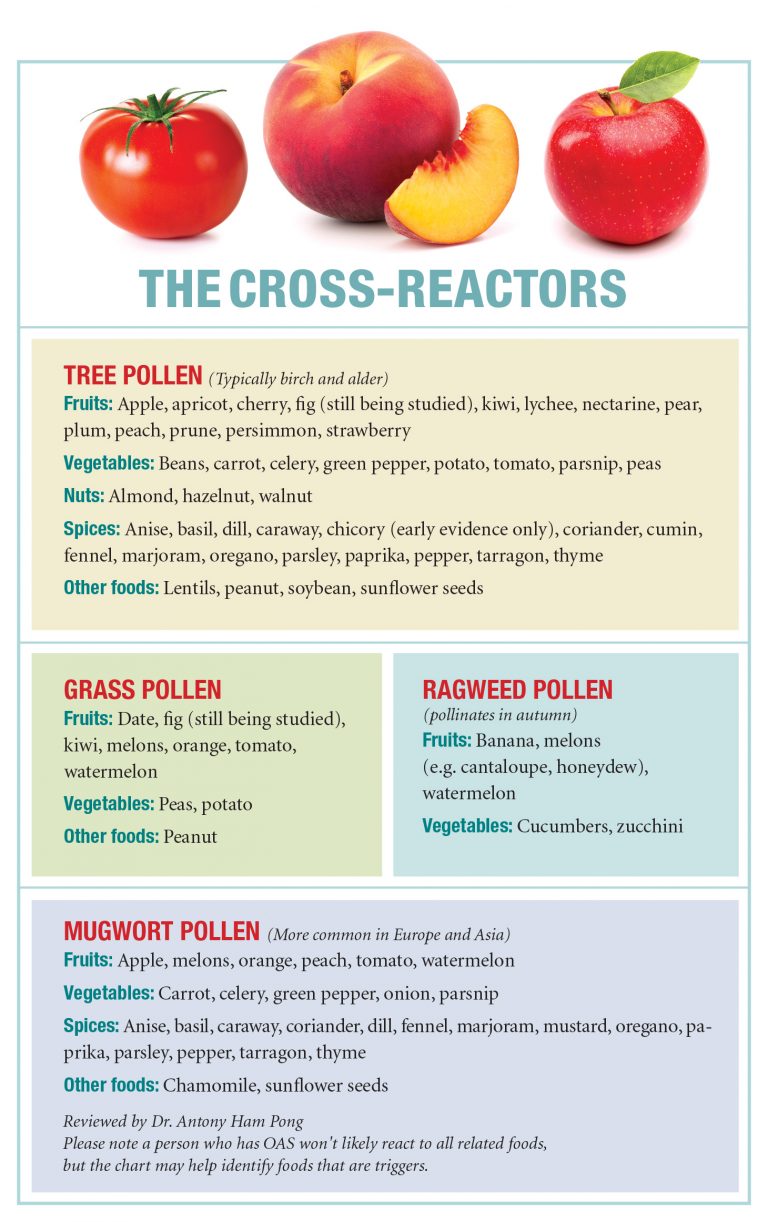Allergy testing is done to check how the body reacts to specific substances, or environments. These tests are simple and usually arranged after a person notices patterns like sneezing, skin rashes, or stomach upset.
Here’s an explanation of why such testing is often included as part of routine care or after repeated symptoms.
Identifies the cause of reactions:
Allergy testing is used to find out what might be causing ongoing reactions. These may include skin issues, breathing trouble, or digestive changes after eating or exposure to certain things. By checking specific triggers, people are able to make clearer choices about what to avoid or change in their routine.
Supports safer daily living:
When people know what causes their allergy symptoms, they are more prepared in everyday settings like school, work, or travel. A test result may point to things like dust, animal dander, specific foods, or plant pollen. Once these triggers are identified, small steps such as changing products or meal choices are easier to take.
Helps reduce repeat symptoms:
Repeated allergy symptoms can affect daily life. These may show up during certain seasons or after meals. Once testing is done, a plan can be followed to reduce flare-ups. This may include small food changes, skin care swaps, or staying away from certain areas. This often leads to fewer visits to the clinic for the same symptoms.
Supports planning for children:
In children, allergy signs are sometimes hard to explain. A test can provide clear information to parents, teachers, or caregivers. It can also reduce worry about what foods or substances may affect the child. Having clear test results also helps during school trips, playdates, or shared meals.
Useful for long-term conditions:
Some people live with skin conditions or breathing issues that don’t go away easily. In these cases, testing is sometimes included in routine checks. It helps check if an allergy is part of the reason for the symptoms. Adjustments can then be made in skincare, room settings, or food choices.
Allergy testing supports clearer answers for people who notice ongoing changes in their body after contact with food or substances. These tests are short and often done through skin pricks or blood samples. The results provide useful details that may guide changes in daily habits and support better control over reactions in the future.





